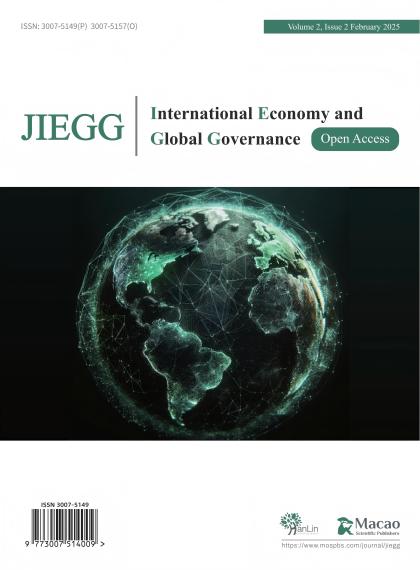Abstract: Since the Marcos Jr. administration, the Philippines has reasserted a provocative stance in the South China Sea, deepening its coordination with the United States and extending competition into the domain of natural resources and ecology. Issues such as coral reef destruction, biodiversity loss, and fishing disputes have been securitized and employed as strategic instruments [...] Read More.
Keywords: South China Sea Dispute, Natural Resources, Ecology, Arbitration Weaponization, Narrative Framework

